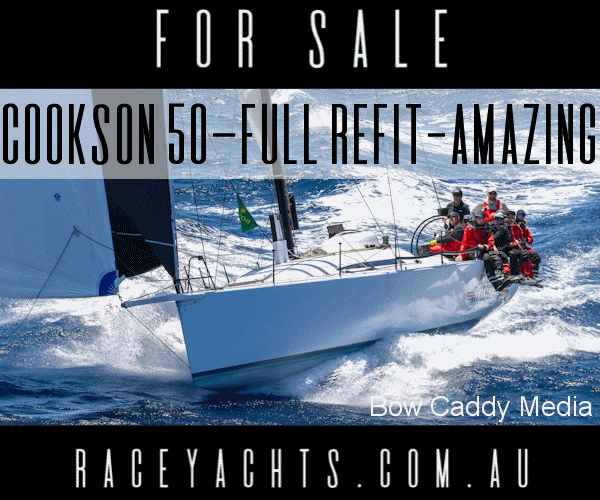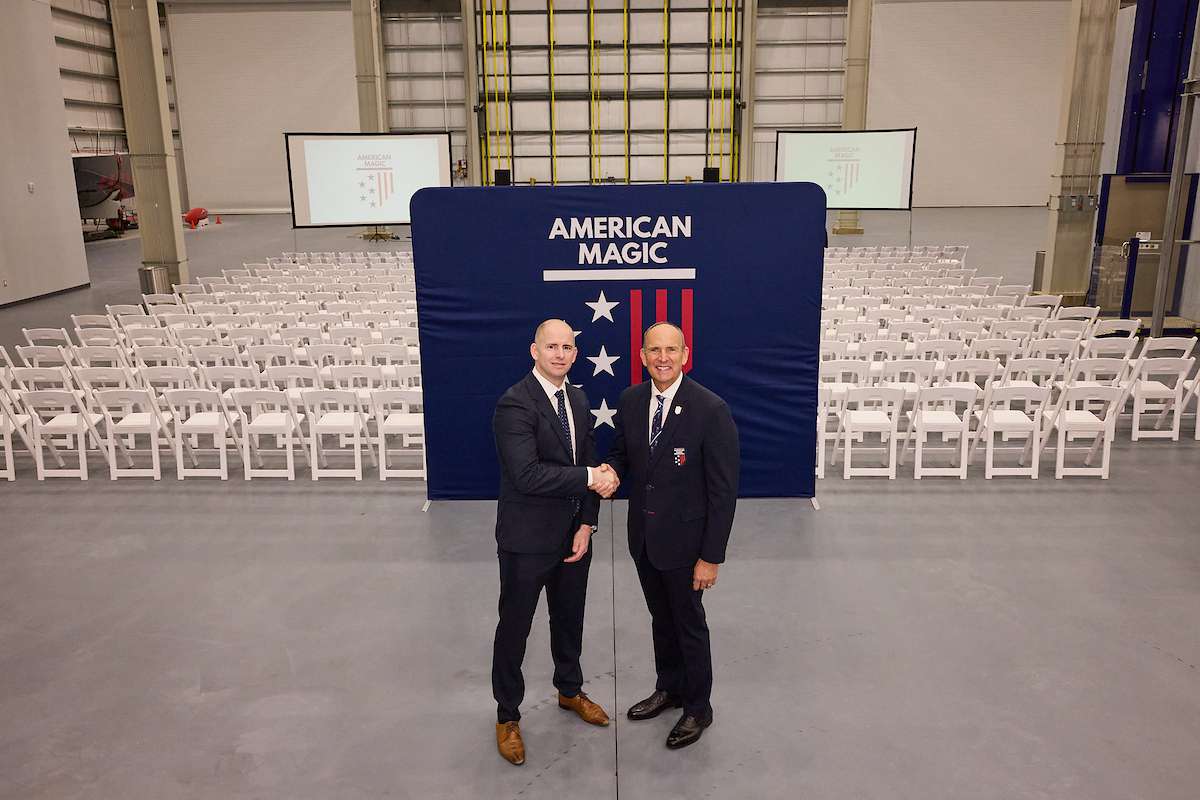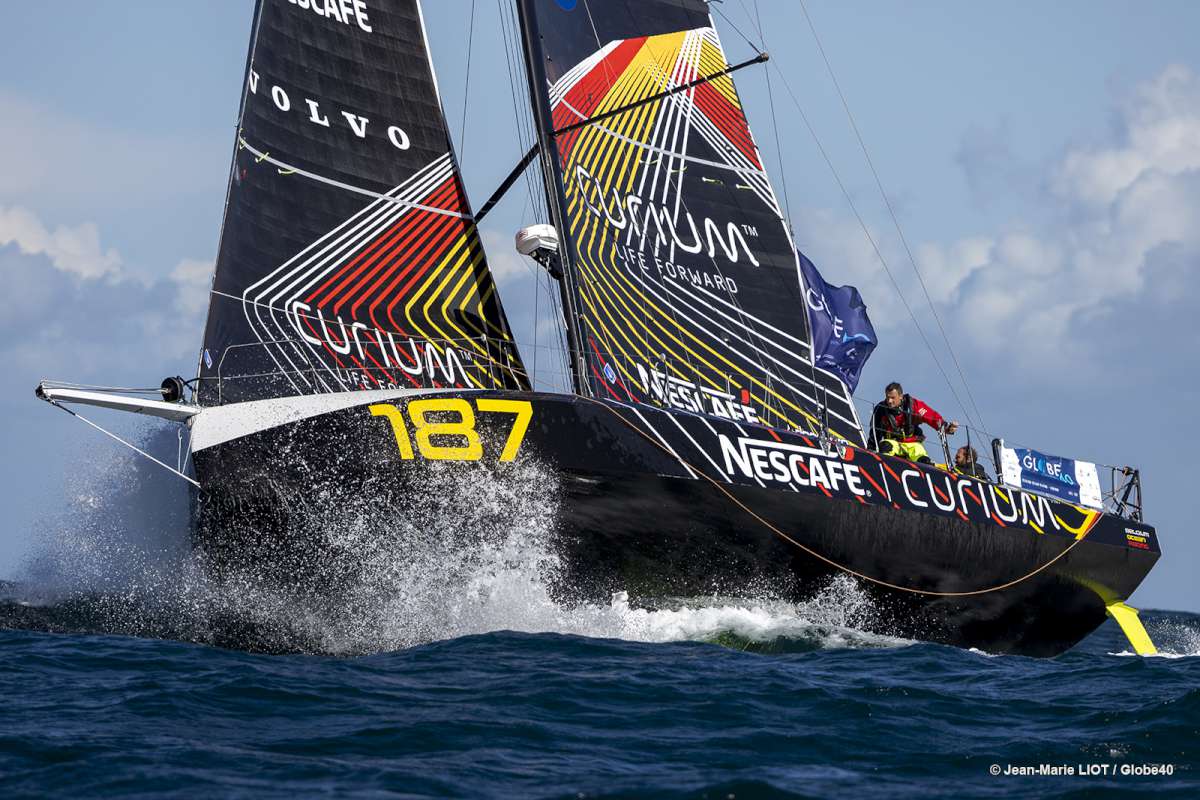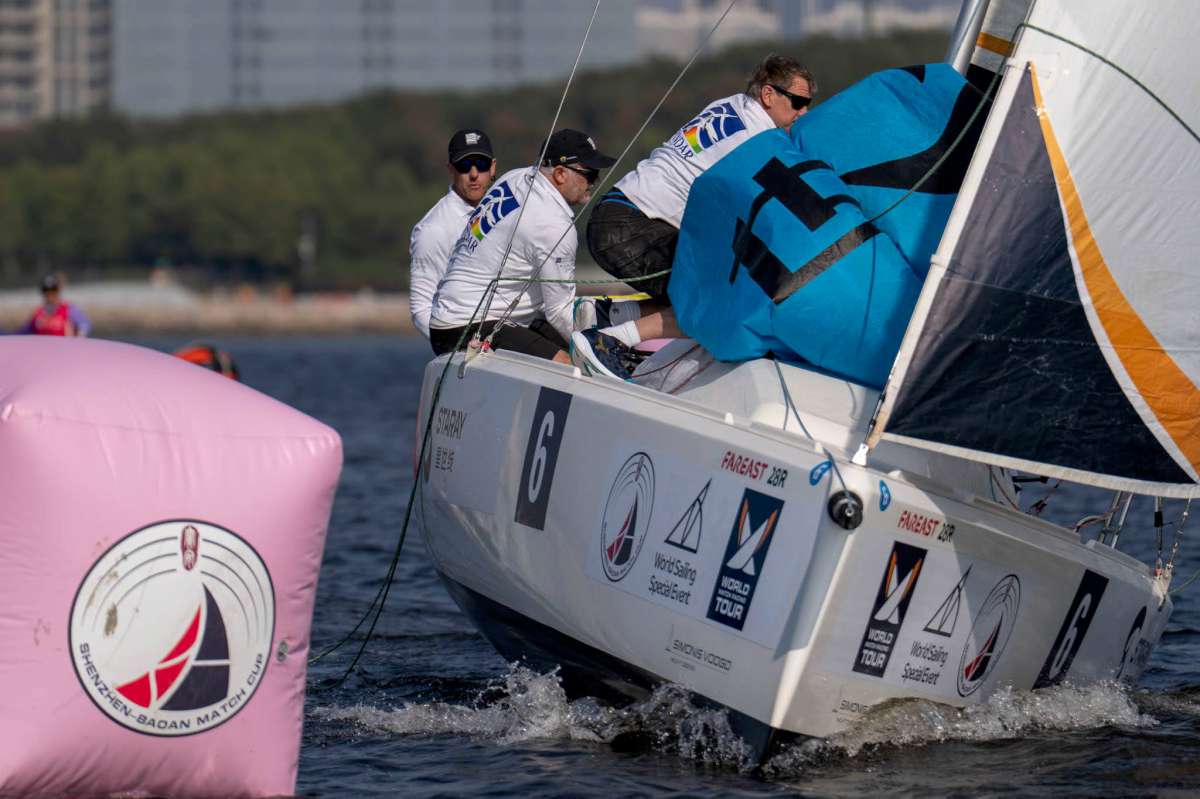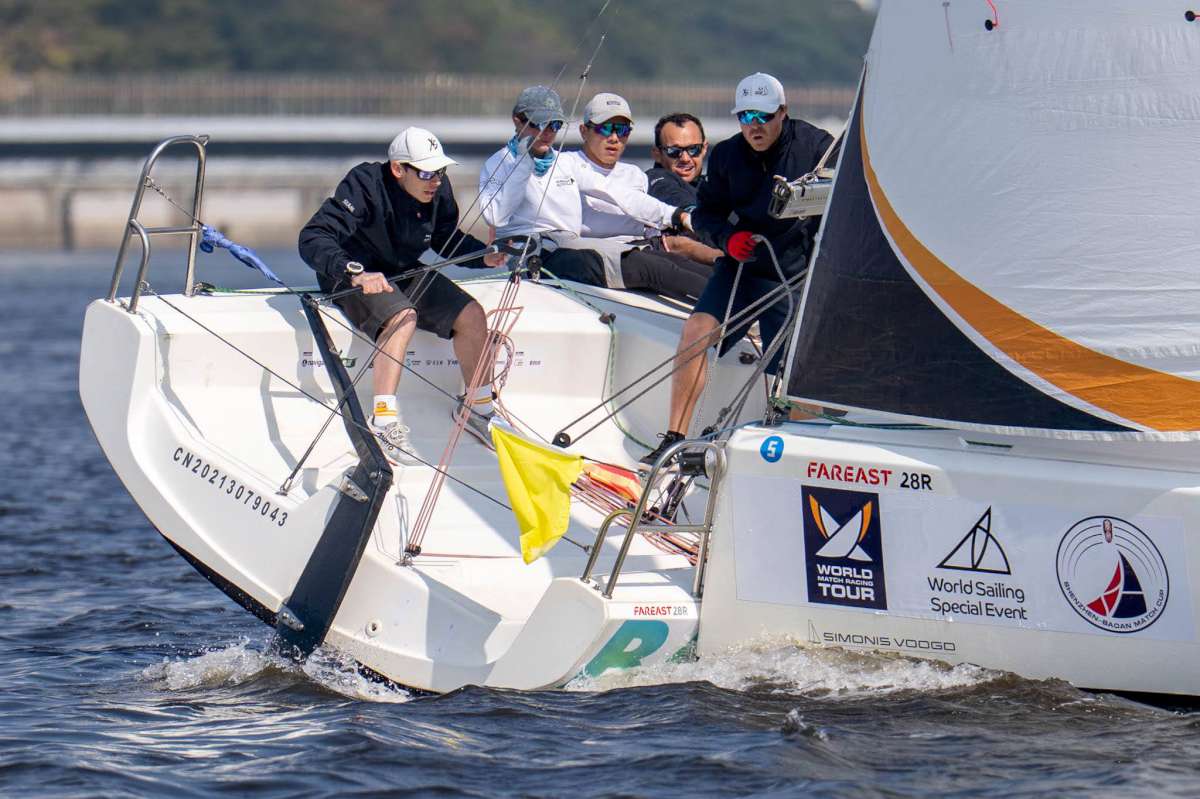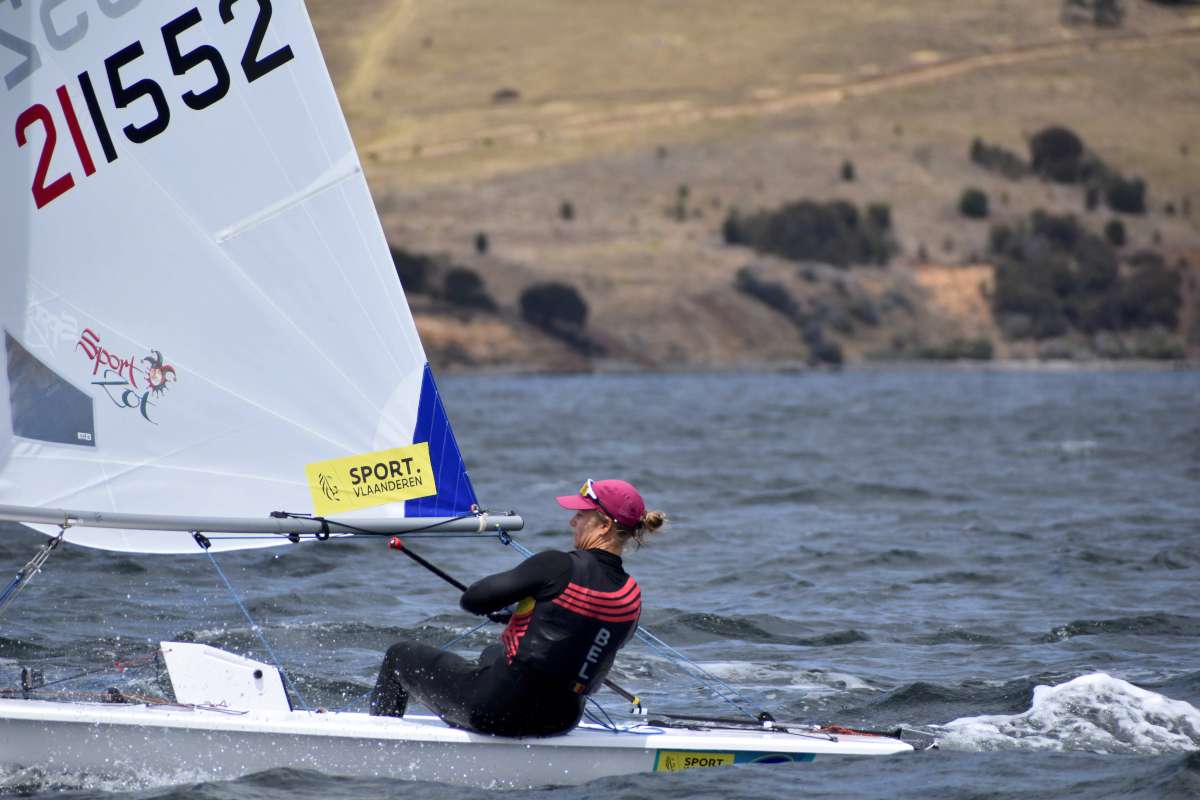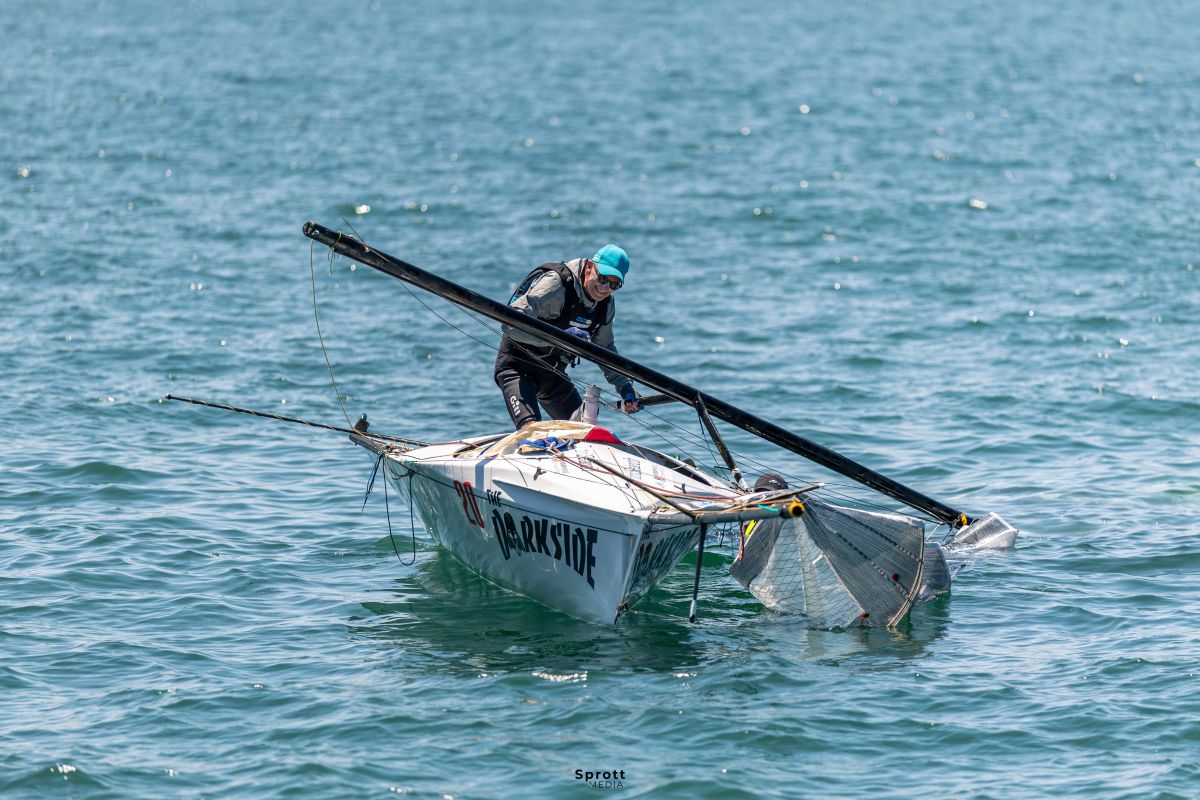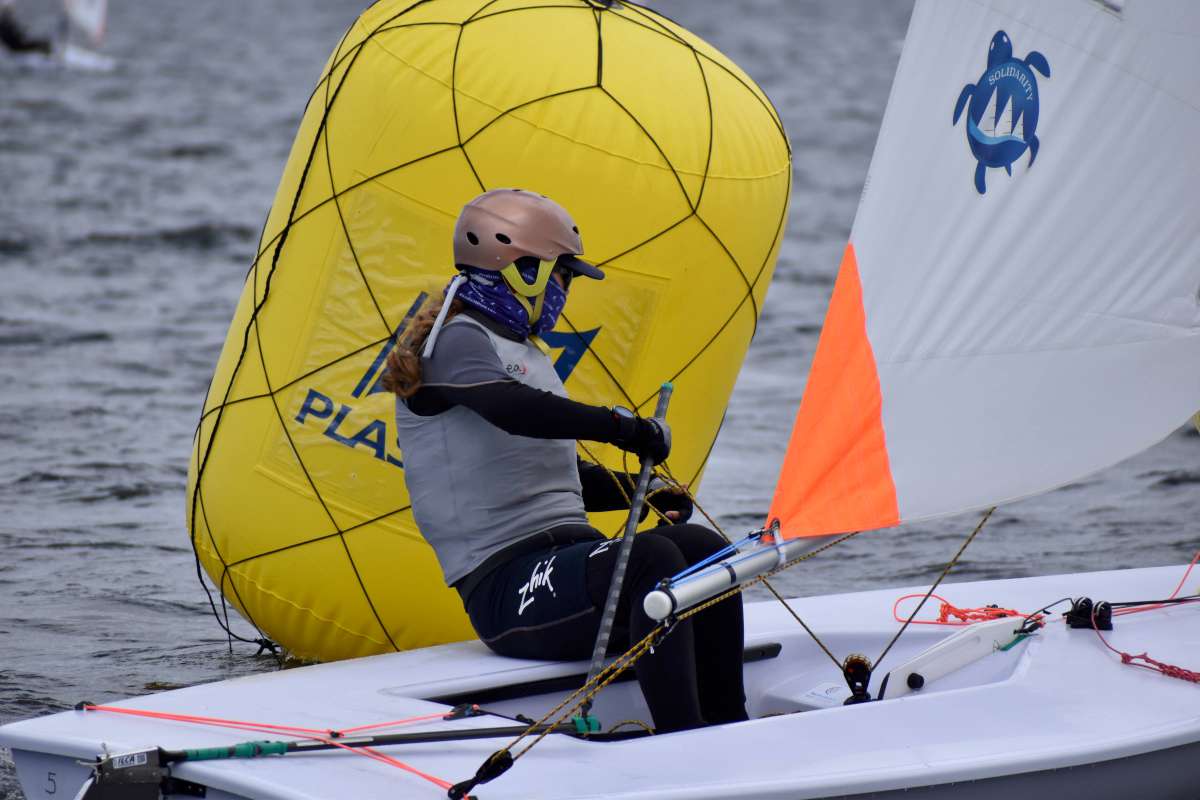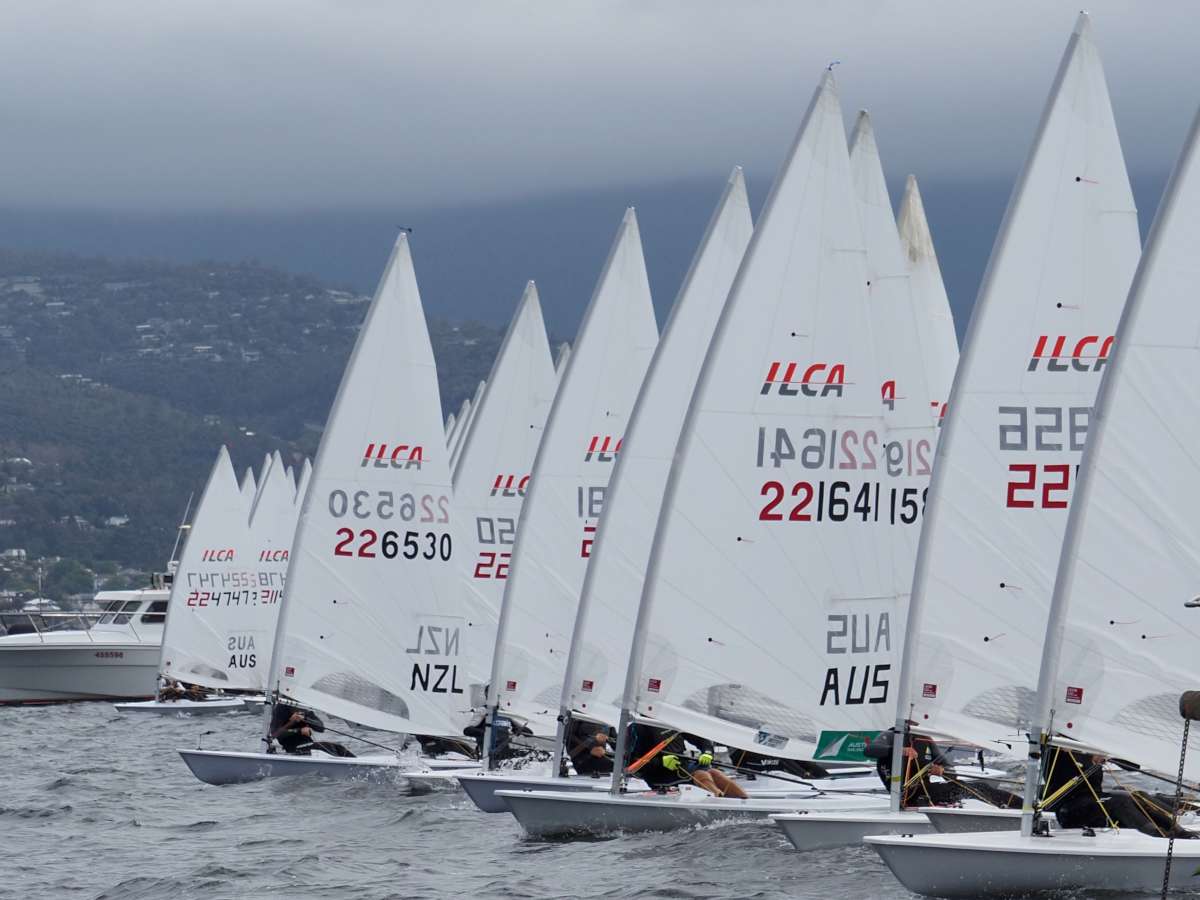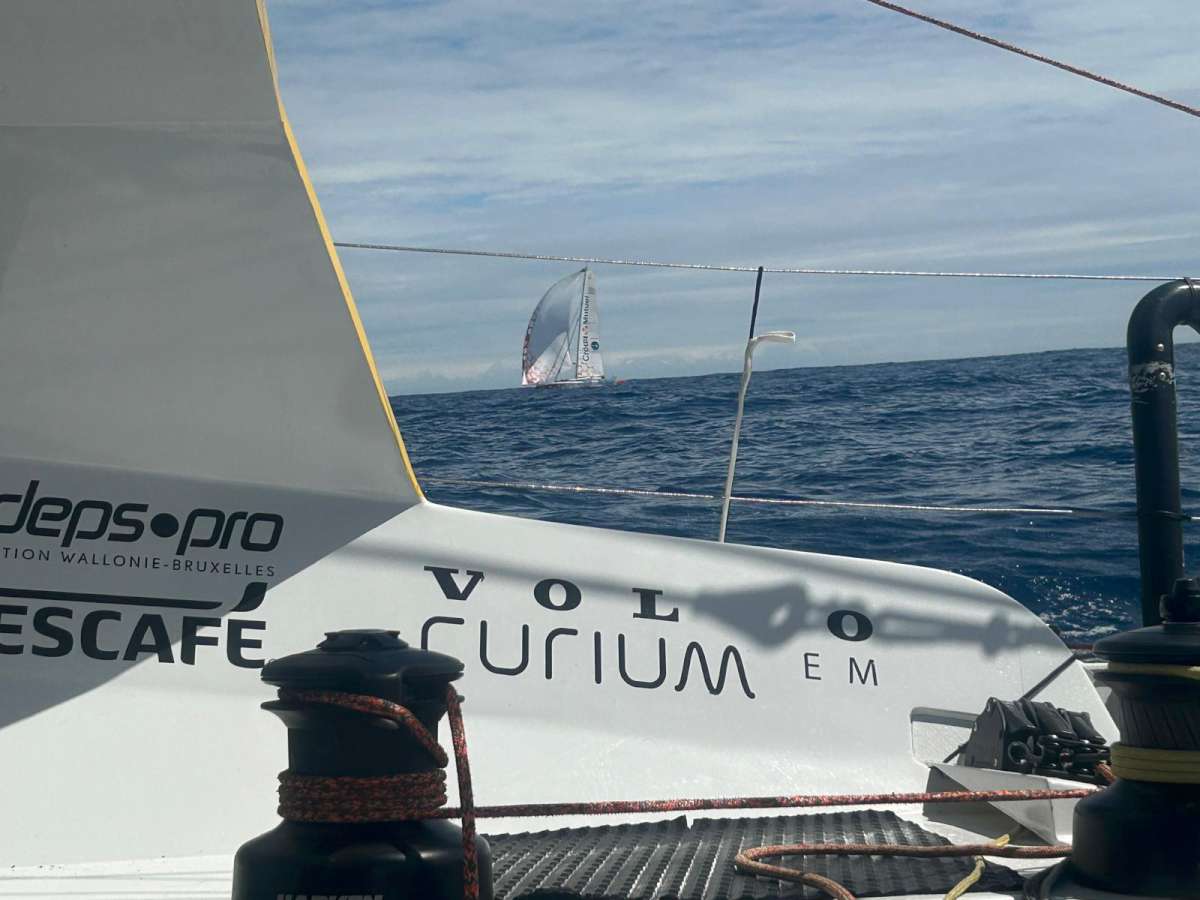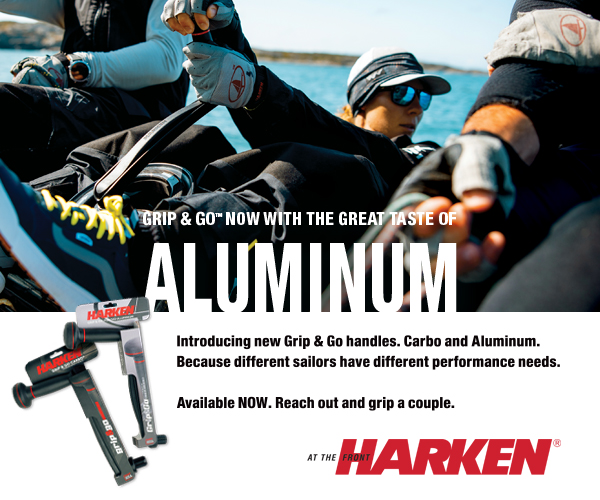At the ISAF Annual Conference today, Phil Jones, Chairman of Olympic Commission, spoke to us about the first year of the Olympic Commission.
The Olympic Commission was set up earlier this year to assist the ISAF Executive Committee in ‘developing, agreeing and promoting a comprehensive vision and strategy of the sport of sailing in the Olympic Games'. Six months down the line and following their meeting at the ISAF Annual Conference in Busan today, chairman Phil Jones gave us an update on how things are progressing.
Could you tell us about the work of the Commission in its first six months and what you've been discussing today?
I think a lot of it is still ‘work in progress', but we really started off by looking at what the IOC are looking for in Olympic sports. Usefully they produce a set of evaluation criteria, so we looked at the way we perform against the evaluation criteria and there's some gaps in that, so our approach now is to say ‘how do we address those gaps'. They're very wide ranging so it's things like the universality, how widely the sport is practiced at one end of the spectrum – to environmental issues and what the footprint of our major events is at the other and everything in between. Included in that is selection for the Olympic Games, equipment, format and the whole raft of things in there that are inter-related.
We've only met once around the table so far so we intend to meet at least three times this week to thrash out some of those issues as round table time is really valuable.
Overall, I think we're making progress. We've got quite a body of work already and we've been trying to make our work evidence-based and sometimes the evidence can be quite hard to come by.
In terms of strategy, are there any over-riding ideas that have come out yet?
There's a few areas crystallising possibly earlier than others. Our thinking on nomination for the Olympics and the selection of nations to go is becoming quite clear based on some of the information coming from the IOC and some of our own thinking about how we spread the sport more globally.
We've done quite a lot of work on television, on how we improve television tracking and the whole coverage aspect of the sport. Paying for it hasn't become clear yet but I think we've got to take a significant step in that regard.
Some areas are more cloudy, but we'll get there.
There are a number of submissions deferred from last year about the events line up for 2016 and beyond. Is that something you've looked at today?
We've had a look at them today, and we've said we'll report back on them in May and we will. At the moment our thinking on the events needs a bit more work before we can make firm commitments because we want to get that strategy right before we get into the detail. What we want to try and avoid in the future is this flip-flop going on between events and equipment and this pain we go through every four years. We're looking at how we can put in place a different approach to avoid that in the future.
Regards the Olympics, the big thing that has changed between when the Commission started and now is that Rio has won the bid to be host city for 2016. What are your initial thoughts on that selection?
From the sports point of view globally I think it's a good thing, the Olympics being in South America is a good thing. From a sailing point of view, in their bid document I know there are already quite a number of things like public access to the Medal Race and spectator viewing, and they're the first city to win a bid with that information in the bid document. All those things will help in terms of bringing the sport more to the public.
I think it's a positive decision for sport generally and specifically sailing as well.


